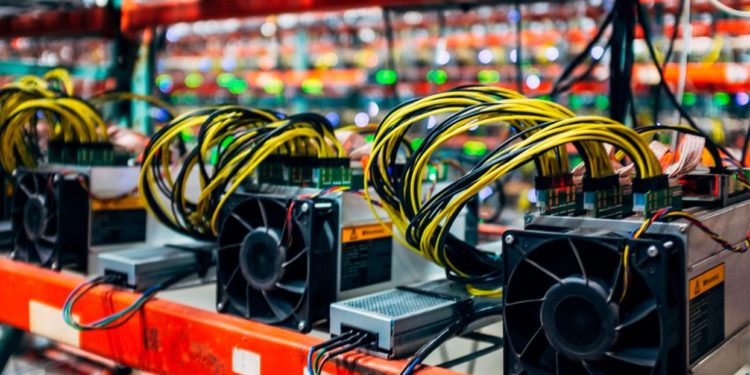Various factors have been impacting Bitcoin, some of which are due to the ripple effects caused by negative press, heavy regulation, and bans implemented by China.
Bitcoin’s hashrate is one of its most important metrics. Essentially, it is an indication of the processing power of the Bitcoin network. The higher the hashrate, the faster transactions are verified and blocks can be created.
China’s Continual Crackdowns
China currently accounts for roughly 65% of the Bitcoin hashrate. Previously many miners set up shop there because of cheap energy and hardware prices. Additionally, the ability to use excess energy from sustainable sources like hydro power in Sichuan was a positive reason to mine there.
However, during 2021 there have been multiple instances where Bitcoin (BTC) and the crypto market at large have been affected by uncertain regulatory conditions in China. Just last week, the Bitcoin hashrate dropped nearly 17% after a crackdown in Sichuan where power was cut to 26 mining farms.
In April, outages in Xinjiang cut Bitcoin’s hashrate by 30% and contributed to a US$10,000 decline in Bitcoin’s price. But since Xinjiang ordered several crypto mining farms to shut down on June 9 -one of several shutdown orders across the country – it now seems that China is intent on shooing miners out of the country.
Why Redistributed Hashrate is Good News
Firstly, mining difficulty automatically adjusts as per protocol adjustments in the code, which neutralises the effects of less (or more) mining rigs coming on/off-line. This means that the network won’t be heavily affected by the hashrate drop for long.
While there will be a rough patch as Bitcoin re-establishes the lost hashrate out of China, once that is rebuilt there will be many positives to come from this.
Bitcoin mining will become more decentralised, since China holds the majority of the hashrate. Heavily adopting South American countries like El Salvador could pick up some of the slack, along with the increase of sustainable mining operations in the US. This will also lead to Bitcoin miners in other countries becoming more profitable, as they will be able to buy mining rigs from China since there is a worldwide shortage, and because Chinese miners will no longer be using them.
Bitcoin miners around the world could get cheap mining rigs from China sellers if they decide not to relocate. If China ends up completely banning crypto, it will end the continual FUD regarding China’s centralisation of Bitcoin; China using dirty energy to mine; and China’s continual threats to ban Bitcoin, which affects the market.
Miami Enticing Banned Bitcoin Miners
As the government crackdown heats up, Chinese Bitcoin miners are looking for a new home. Places like Texas and Miami, Florida in the US have been shaping up in order to cater for Bitcoin miners by adjusting their laws and regulations around crypto.
Miners want to set up in places with zero regulatory/political uncertainty. As Wayne Lin, founder of Chinese venture capitalist Axia8 Ventures, has stated: “I wouldn’t want to spend millions of dollars setting up my facility if the policies could change suddenly.”
We want to make sure that our city has an opportunity to compete […] We’re talking to a lot of companies and just telling them, ‘Hey, we want you to be here.
Francis Suarez, Miami Mayor
Suarez is promising near-limitless supplies of cheap nuclear energy and a stable home. He told CNBC: “We understand how important this is […] miners want to get to a certain kilowatt price per hour. And so we’re working with them on that.”
Join in the conversation on this article’s Twitter thread.
Disclaimer:
The content and views expressed in the articles are those of the original authors own and are not necessarily the views of Crypto News. We do actively check all our content for accuracy to help protect our readers. This article content and links to external third-parties is included for information and entertainment purposes. It is not financial advice. Please do your own research before participating.
Credit: Source link






















